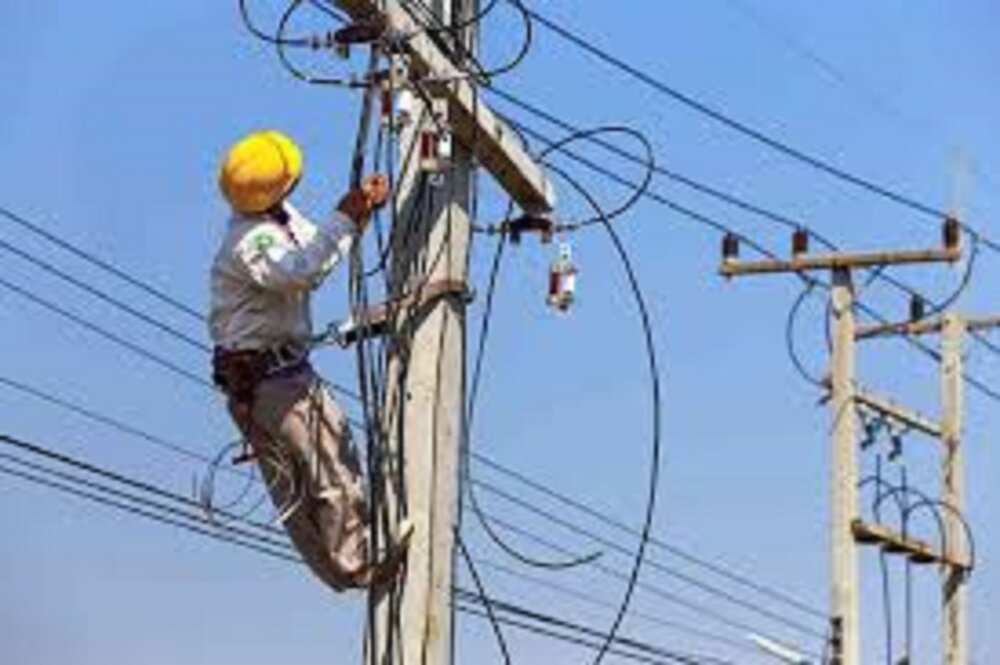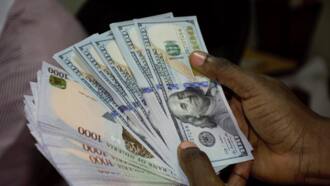Nigerians Enjoy More Power Supply as Electricity Generation Increases to 3,970MW Amid Fuel Subsidy Removal
- On a year on year bases, Nigeria’s electricity generation improved by 8.6%
- However, the average generation dropped marginally by 0.5 in the month of July
- Less than 4,000MW each was distributed to customers across the country
Unlock the best of Legit.ng on Pinterest! Subscribe now and get your daily inspiration!
Nigeria's average electricity production increased from 3,655.64 megawatts (MW) reported in the same time of 2022 by 8.6% year-on-year to 3,970.33 MW in July 2023.

Source: Getty Images
However, statistics compiled from the National Energy System Operator, a semi-autonomous division of the Transmission Company of Nigeria, TCN, shows that the country's average monthly generation decreased marginally by 0.5% to 3,970.33MW in July 2023 from 3,991.57MW in June 2023.
Earlier, Legit.ng reported that DisCos alert Nigerians on electricity tariff increase from July 1, Advice on Saving Cost
Electricity generation continues to fall in recent months
Vanguard analysis shows that in general, 4,616MW of average power production was recorded in February 2023, while 3,970.33MW, unquestionably the least amount, was recorded in July 2023.
PAY ATTENTION: Follow us on Instagram - get the most important news directly in your favourite app!
The information also revealed that TCN and the electricity distribution companies, or DisCos, transferred and supplied to consumers fewer than 4,000MW each.
Due to the high price of diesel and petrol, which are currently hovering at about N600 and N500 per litre, respectively, this was insufficient for households and businesses, who were forced to turn to independent power generation at an additional cost.
The recent floating of the Naira, the deregulation of the Forex Trading Windows, allowing the value of the Naira to be determined by market forces, and the removal of the subsidy on petrol are expected to have a positive or negative impact on the electricity tariff and translate into a generally high cost of living in Nigeria, according to Kunle Olubiyo, President of the Nigeria Consumer Protection Network and a former member of the Presidential Adhoc Committee on Review of Electricity Tariff .

Read also
Despite CBN's currency float, naira loses N105 at black market, gains N12 on I&E window in July
He said:
The last tariff increase in Nigeria was benchmarked on N400/$1. As of today, the exchange rate is N750/$1.
He suggested that additional funding be directed towards network upgrades and key power grid infrastructure capacity growth in order to scale up effective service delivery.
Electricity supply to improve in Nigeria as CBN releases N3.01bn to Distribution Companies (DisCos)
Legit.ng earlier reported that the Central Bank of Nigeria has disclosed the release of N3.01 billion to electricity distribution companies (DisCos).
This amount is the latest release of a total of N213 billion Nigerian Electricity Market Stabilisation Facility.
The recent release also rounds up to a total of N18.26 billion so far disbursed to the first batch of beneficiaries of the programme.
Source: Legit.ng

